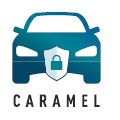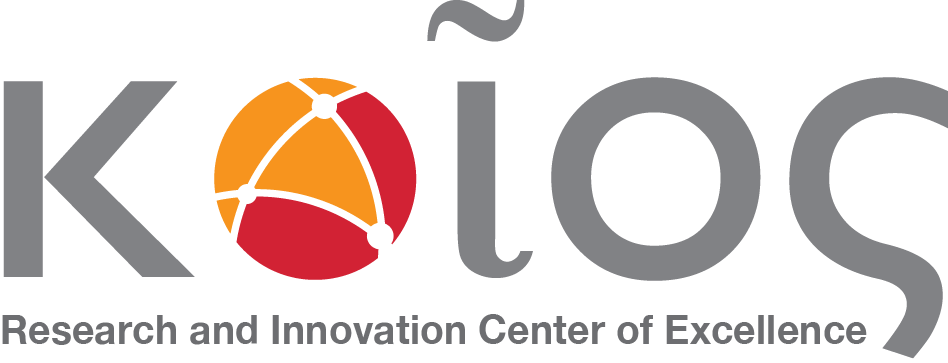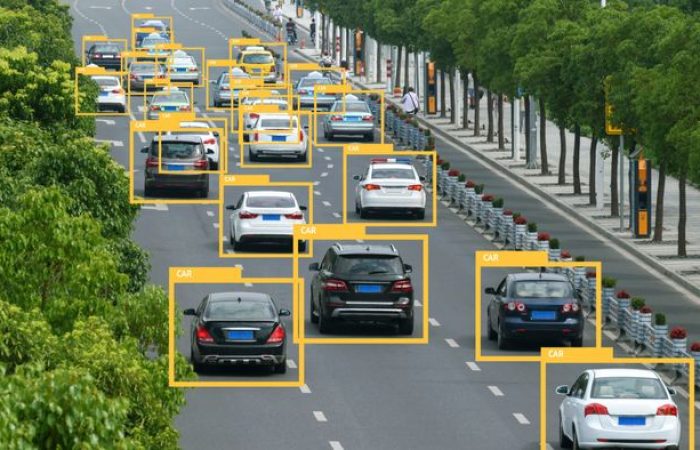The KIOS Research and Innovation Center of Excellence research team is contributing to the development of solutions for detecting cyber-attacks against vehicles within the context of the European innovation Action project “CARAMEL” (Artificial Intelligence-based Cybersecurity for Connected and Automated Vehicles).
 The “CARAMEL” project addresses the cybersecurity challenges of the next generation mobility based on Connected and Automated Vehicles (CAV), contributing to the long-term vision of safer roads with zero fatality. The project applies a proactive method based on Artificial Intelligence (AI) and Machine Learning (ML) techniques to mitigate cybersecurity-originated safety risks on roads. Considering the entire supply chain, CARAMEL aims to introduce innovative anti-hacking intrusion detection/ prevention systems for the European automotive industry. The KIOS CoE participates actively in this project, along with 14 other partners including research institutions, universities, companies, and SMEs from 8 different countries with complementary expertise and skills.
The “CARAMEL” project addresses the cybersecurity challenges of the next generation mobility based on Connected and Automated Vehicles (CAV), contributing to the long-term vision of safer roads with zero fatality. The project applies a proactive method based on Artificial Intelligence (AI) and Machine Learning (ML) techniques to mitigate cybersecurity-originated safety risks on roads. Considering the entire supply chain, CARAMEL aims to introduce innovative anti-hacking intrusion detection/ prevention systems for the European automotive industry. The KIOS CoE participates actively in this project, along with 14 other partners including research institutions, universities, companies, and SMEs from 8 different countries with complementary expertise and skills.
The KIOS CoE develops cybersecurity solutions to protect two of the most critical components, i.e., the camera-based vision sub-system and the GPS-based geolocation sub-system, that empower the perception engine of CAVs. The first solution uses deep learning techniques to detect and mitigate attacks that disturb the original images captured by the camera sensor attempting to impact the situational awareness of the CAV while moving, e.g., “hide” speed signs, red traffic lights, nearby pedestrians, etc. The second solution is an in-vehicle detection scheme that leverages multi-source data fusion from on-board sensors to timely and reliably detect and mitigate GPS location spoofing attacks. Such attacks may impact the CAV’s location awareness, e.g., causing it to collide with other vehicles/obstacles.
This project has received funding from the European Union’s Horizon 2020 research and innovation programme under grant agreement No. 833611.
Find out more about the project at https://www.h2020caramel.eu



